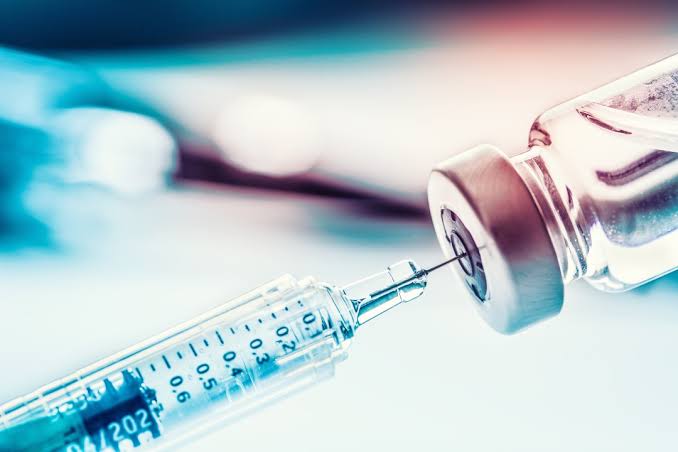By Jess Thomson, Science Reporter
Cancer patients in the U.K. are about to get personalized cancer vaccines as part of a new trial.
These “game-changer” vaccines are a form of immunotherapy, designed to prime the body’s immune system so that it can locate and fight tumor cells, reducing the chances of the cancer returning.
Unlike vaccines for diseases like the flu or COVID-19, which are taken to prevent someone from developing a disease, these cancer vaccines treat people who already have the condition.
Several National Health Service sites across England will be involved in the trial, which will initially focus on colorectal, pancreatic, skin, lung, bladder and kidney cancer patients. The vaccines in this trial will be manufactured by biotech company BioNTech SE.
“It’s incredibly exciting that patients in England are beginning to access personalised cancer vaccines for bowel cancer,” Iain Foulkes, the executive director of research and innovation at Cancer Research UK, said in an NHS statement.
“This technology pioneers the use of mRNA-based vaccines to sensitise people’s immune system and in turn detect and target cancer at its earliest stages,” he said. “Clinical trials like this are vital in helping more people live longer, better lives, free from the fear of cancer. If successful, the vaccine will be a game-changer in preventing the onset or return of bowel cancer.”
Vaccines for diseases like smallpox work by training the body’s immune system to recognize and fight off specific germs, like viruses or bacteria, without causing the disease. The vaccine contains a harmless part of the germ (like a protein, a dead or weakened form of the germ, or a piece of its genetic material), which the immune system recognizes as foreign and responds by producing antibodies.
The immune system then creates memory cells that “remember” the germ and can quickly produce these antibodies, which stay in the body for a long time. If the actual germ ever invades the body in the future, the immune system can quickly recognize and attack it using the memory cells and antibodies, preventing the person from getting sick or reducing the severity of the illness.
The cancer vaccines work by analyzing a patient’s cancer or tumor, and then creating a custom vaccine that contains markers that are on their cancer cells. In a similar way to infectious disease vaccines, the immune system then learns to recognize these markers—called antigens—and becomes primed to fight any cells that have them, namely, cancer cells.
“These vaccines teach the patient’s immune system to recognize and destroy cancer cells. The vaccine is tailored to the molecules expressed by the cancer cells of each patient (this is why it’s called “personalized”). This design should make the treatment more effective,” Francesco Crea, a professor of cancer pharmacology at the U.K.’s Open University, told Newsweek.
It is hoped this treatment will be used in tandem with surgery, chemotherapy and radiotherapy to prevent the return of cancers, and may have fewer side effects than the other treatments.
“We know that even after a successful operation, cancers can sometimes return because a few cancer cells are left in the body, but using a vaccine to target those remaining cells may be a way to stop this happening,” Peter Johnson, NHS national clinical director for cancer, said in the NHS statement.
The first NHS patient to receive the trial vaccine was Elliot Pfebve, a 55-year-old who had previously had surgery to remove his colorectal cancer tumor along with a portion of his bowel, as well as chemotherapy.
“Taking part in this trial tallies with my profession as a lecturer, and as a community-centred person. I want to impact other people’s lives positively and help them realise their potential,” Pfebve said in the statement.
“Through the potential of this trial, if it is successful, it may help thousands, if not millions of people, so they can have hope, and may not experience all I have gone through. I hope this will help other people,” he said.
The trial will only be completed in 2027, however, so it will be many years until this treatment is available for everyone. BioNTech SE will present preliminary data from the trial on June 1 at the American Society of Clinical Oncology’s annual conference in Chicago.
“The science behind the development of these cancers is solid, and the mRNA delivery platform has proven its efficacy during the COVID pandemic. So I am broadly optimistic,” Crea said. “However, cancer is a complex and difficult to understand disease. I expect that in some cancer types vaccines may work very well on their own, in others cancer types vaccines may need to be combined with other therapies.
“Sadly, for some cancers we may see that these vaccines are not effective. This is why we need to develop a multimodal approach to cancer treatment and to broaden our therapeutic armamentarium as much as we can.”
Source: Newsweek
